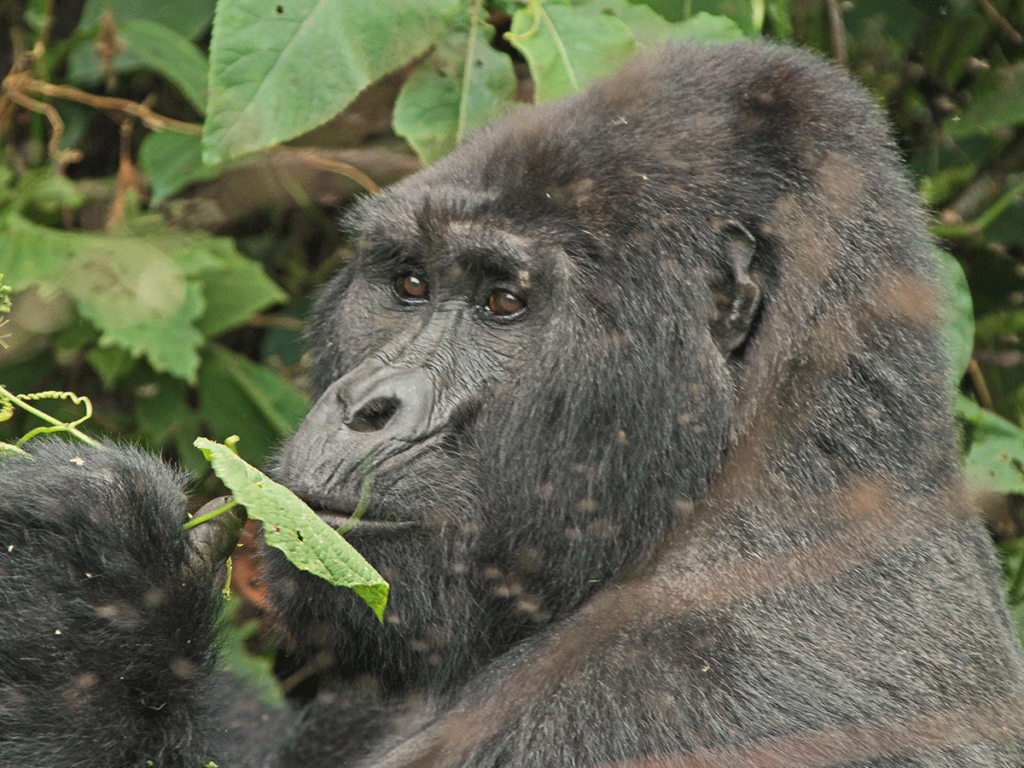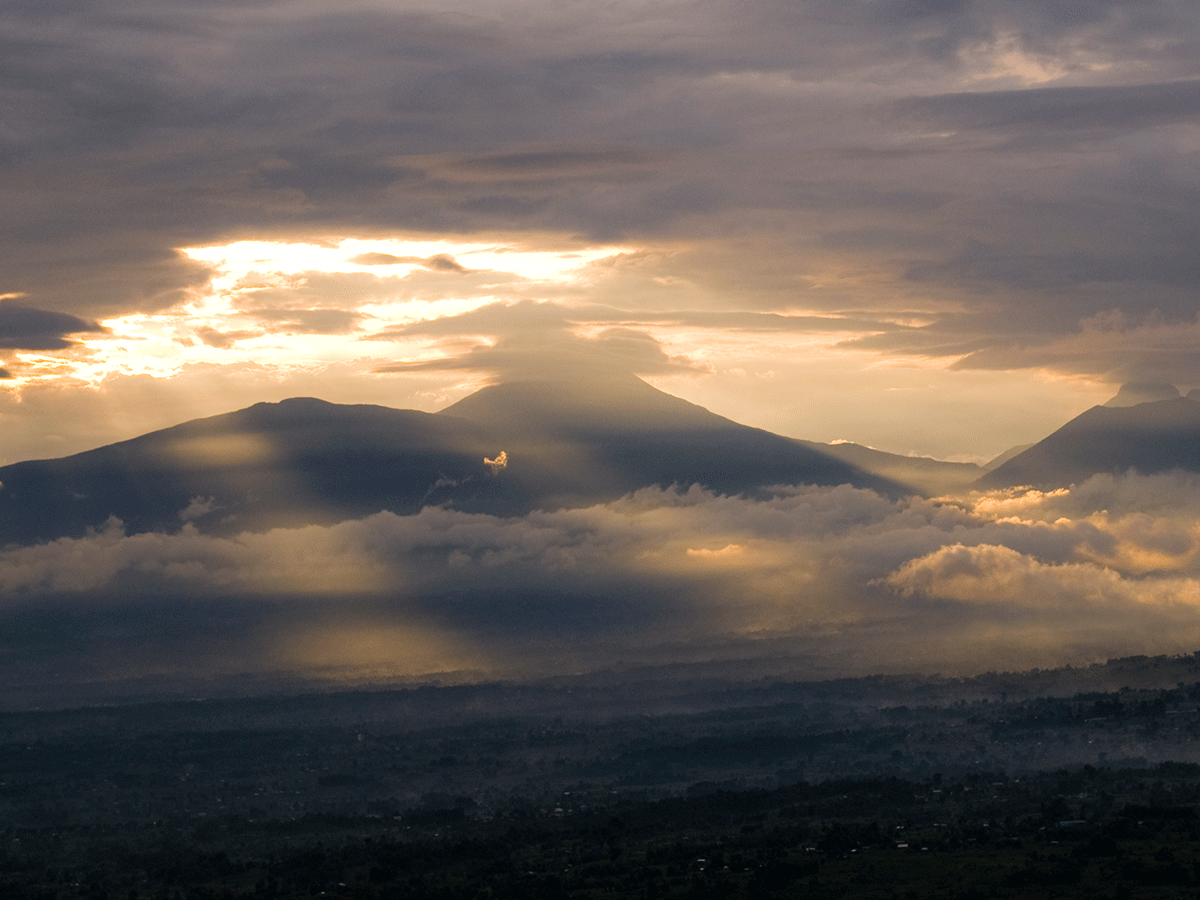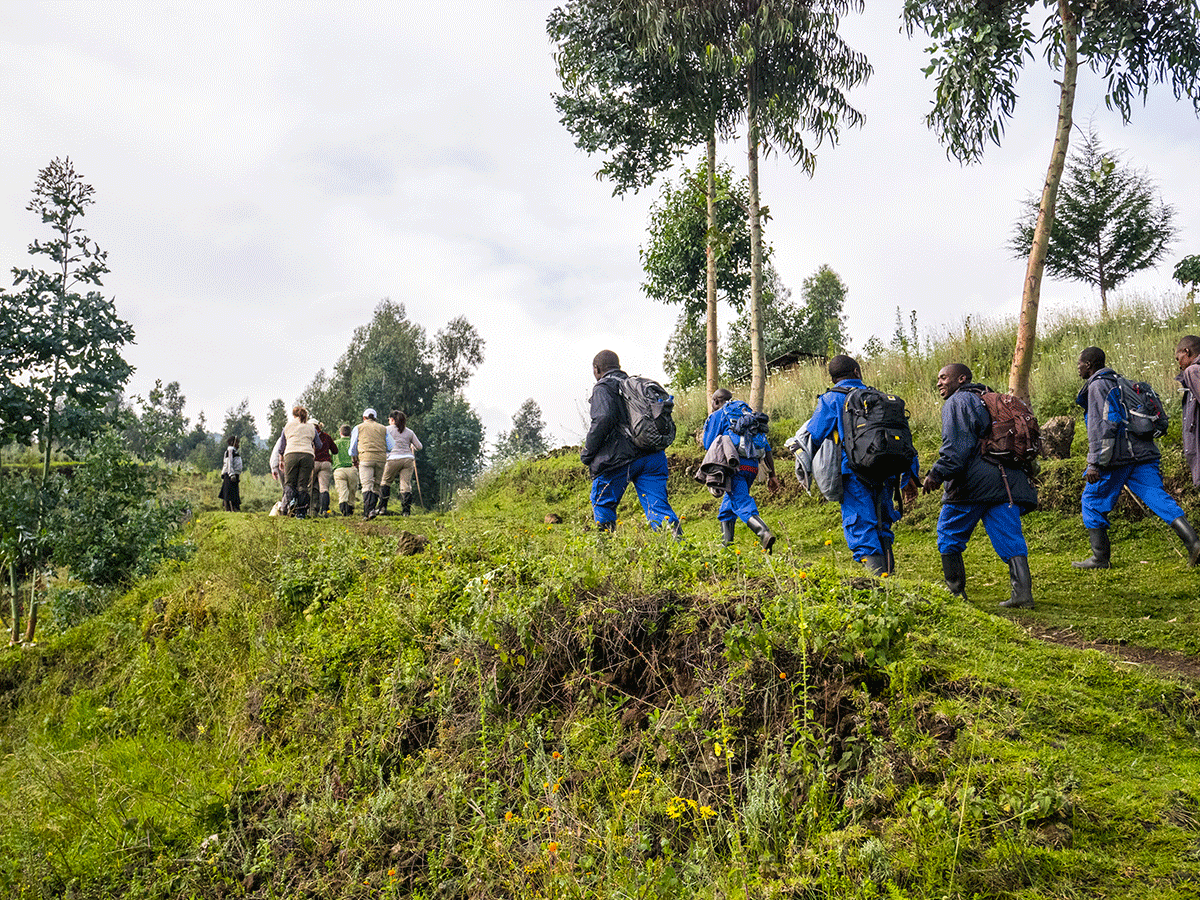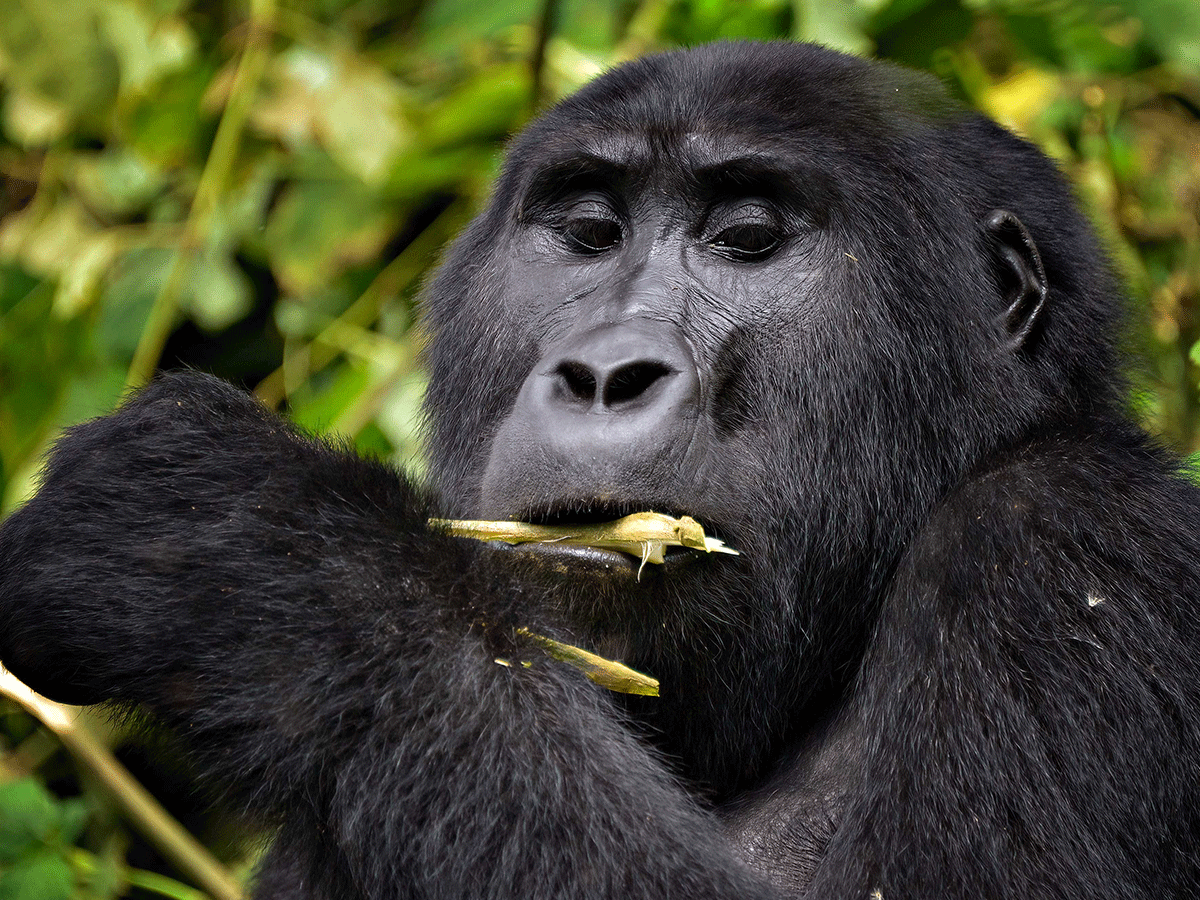Fishing Trips, safaris & holidays in Africa
Fishing Trips, safaris & holidays in Africa
Africa is one of the best travel destinations in the world. Here, you can enjoy crystal blue beaches, majestic wildlife, and a wealth of culture and history. Africa holds incredible opportunities for fishermen. From deep-sea sports fishing, looking for marlin, tuna, and sailfish to exceptional fresh water and ocean fly fishing. Goliath tiger and large Nile perch, two very sought-after species, also live in the African waters.
From Abidjan on the Ivory Coast to Hemingway on the Kenyan coast, fisherman lodges are dotted along Africa’s coastline. Mozambique, Angola, Namibia, and South Africa also have great fishing orientated accommodation for fishing and angling both in salt and fresh water.
Guide to planning African fishing safaris
Fishing in Africa can be extremely amazing if you know the basic principle and the top rules for fishing and Wilderness Explorers Africa is your premier African safari operator for fishing safaris below is all you need to know before traveling to any African fishing destination.
Where to fish in Africa
All African countries have spot fishing either in rivers, Lakes or deep sea or ocean and different species of fish can be caught but all this will require expert Guides to help you in the expedition some of the top places for fishing in Africa include Uganda, Kenya, South Africa, Egypt, Zimbabwe which have developed fishing facilities to make your fishing safari a success.
How to get to African fishing Destinations
Some African fishing destinations are truly off the beaten track like the Congo River located in the central and West African states that are home to the Goliath tiger and access can be an issue to the prime fishing spots and Wilderness Explorers will ensure your requirements are well taken.
By air
Some fishing destinations may be accessible by flights using a helicopter due to their remote location and our experts will advise on How to get to these fishing areas.
By water
Some of the island fishing will require transfers by boat and our experts will guide you on how best to access this area with your equipment for one of the best experiences.
By road
Other areas may require 4×4 to access the rivers or Lakes so we are experts in planning and this can be arranged upon request and our tours will involve transfers.
Equipment needed for African Fishing safari
Tacklebox
A tackle box will store a variety of lures, hooks, snap swivels, weights, and tools like long-nose pliers and other gear you can use. You might also need a live bait container (such as a minnow bucket or a worm box), a stringer or an ice chest to keep your catch fresh, a landing net, and a first-aid kit for minor emergencies.
Fishing rods
The best fishing rods for casting are longer but more powerful rods as some fish species are strong like the Nile perch so carrying the better and tougher equipment is an added advantage.
Fishing reel
Free spinning Shimano reels are great for casting and they should have bait runner on them and drag control as you can also use it for bait fishing if needed and multiplier reels are needed for live bait fishing and trolling.
4- to 12-pound-test monofilament fishing line
Lines needed should drop within that range and a bread line is a great idea to bring along for people fishing in areas that have rocks and sharp objects that can cause a threat to your fishing line.
A package of fishing weights
Pack different weights for both bait fishing and deep diver fishing as the weight will help keep your live bait in the right depth making your chances higher.
Fish hooks (Number 6–10 size)
Bring both circle and straight hooks that are in the range of 6-10 for fishing in Africa we do not recommend silver hooks except for lutes.
A plastic or cork bobber
For live bait fishing, you need to bring smaller floats and split shorts that come in handy with bait rods and smaller hooks.
A selection of live bait or fishing lures
Different African fishing destinations require different lures please our experts for the exact destination while planning your fishing safari.
Leader line
The 100-pound leader line is pretty perfect in many African destinations but for deep-sea fishing, you may need a wire leader line if you’re fishing for fish species with teeth.
Swivels
Pack several sizes of swivels in your kit box to give you a wider range of choices during your African fishing safari.
Balloons
Balloons come in handy in your fishing box for float fishing in big pools near waterfalls and steal water bodies.
Fishing Guide for African fishing safaris
For any fishing expedition in Africa, a local guide’s advice is key and we are always committed to providing local fishing Guides advice and the fishing gillies for your live bait needs.
When to go fishing in Africa
There are two conditions travelers must look out for the inland dry season is very important and across Africa, different countries provide different weather statistics but we will give you experts’ advice before booking and in the deep sea the winds are also a great factor to look out for as they can disrupt fishing safaris.
How long to stay in African fishing areas?
For hard-core anglers a minimum of 1 week is a good time to full fish water bodies and based on the distance you will travel to get to the destination staying longer is always a good idea but if you are a resident then 2-3 days can be a good time.
Fishing permits and licenses required for African Fishing safaris. Depending on the destination you may have purchased a permit and that applies to 24 hours fishing period or an annual fishing permit that applies to one week and some destinations may require the company to have a license to allow them to carry out fishing activities and guest are charged on the tour cost and fishing areas located in protected areas may require you to pay park entrance on top of the license or permit please inquire through our experts on what requirements are needed.
Where to stay during African fishing safaris
The best idea on where to stay is key as staying very far from fishing areas may not be a good idea and you must ensure the lodge has the capacity to provide cold drinks, ice, and proper picnic Lunches.
Where to cast during African fishing safaris
Look for a weedy or rocky area where the water is several feet deep. Look for areas where the bottom changes in some way — from sand to gravel or from sand to mud. Stay quiet and avoid disturbing the water or you may scare fish away. Next, bait your hook. Swing the bait as far from shore as you can and watch the bobber. When a fish bites, raise the tip of the rod quickly to set the hook and reel your catch in.
How to Tie Knots during African fishing safaris
The Improved Clinch Knot
Pass line through the hook eye and, with the tag end, make 5 turns around the standing line. Insert the loose end of the line between the eye and the first loop formed. Bring the tag end through the large second loop formed. Wet the line and tighten the knot slowly.
Now you are ready to set up your rod with hook, line, and sinker. Tie on a fish hook. Attach 1 or 2 sinkers, 6 to 12 inches above the hook. This weight will keep your bait or lure down in the water and will help swing it away from shore. A bobber lets you know when fish are biting because it moves up and down in the water as fish nibble at the bait. Most bobbers attach to the fishing line with a spring clip and move up and down the line easily, depending on how deep you want to fish the bait.
Traditional African sport fishing Methods
Different fishing destinations provide different fishing methods and our experts will advise you upon booking your safari on which method to use and what to bring for your fishing safari
Casting Method: With spin casting or spinning tackle, you can put the bait or lure where the fish are. You can cast greater distances with more accuracy; work lures effectively, fish in deeper water, and handles larger fish more easily with this tackle.
Casting outfits use a rod with a pistol-like grip and a reel that’s mounted on the top of the rod’s handle. The line is released using a push button on the reel. This is the easier rod and reel for beginners. This is a common method on Rivers and Lakes where the Depth of the water is reasonably shallow.
Once you’ve selected a spin-casting or spinning outfit, use the Improved Clinch Knot demonstrated above to tie on an inexpensive rubber covered weight called a casting plug. Next, find an open area away from other people where you can practice casting.
Trolling method: Trolling is used commonly for deep-sea fishing and Larger lakes across Africa this will require a motorized boat and the right lures that can give you perfect depth hence providing high chances of catching the monster fish.
Live bait fishing: Many places may require live small fish to catch the massive big fish African being a big country we will help advise depending on where you are planning to go fishing as different fishing methods apply for different fishing destinations.
Practice Conservation for professional Angling
A good angler respects our natural resources and wants to conserve them for others to enjoy. Always carry out what you brought in and never leave behind plastic containers or packaging. Fishing line is very dangerous to birds and other wildlife, so pick up and recycle.
Fish should never be wasted. If you catch a fish that is under the legal or minimum size or that you do not want to keep, release it quickly. If possible, keep the fish in the water and handle it carefully. When it begins to wiggle and can swim normally, let it go.
Safety during African fishing safaris
- Fish with a companion who can offer help in an emergency
- Be careful when handling sharp hooks
- Don’t cast near other people, and always look around before making a cast.
- Wear a Coast Guard-approved personal flotation device or life vest when wading or in a boat.
START PLANNING YOUR SAFARI NOW!
Talk to one of our African adventure experts and let them tailor-make your safari
You might also be interested in...
Our experts have hand-picked further safari packages to suit your adventure dreams.
Inspirational journeys




